Top Signs You’re Not Drinking Enough Water
Top Signs You’re Not Drinking Enough Water
Ever wondered why you're feeling sluggish, dealing with frequent headaches, or noticing your skin looking dull and dry? The answer might be simpler than you think: dehydration. In a world where we're constantly on the go, its easy to overlook something as basic as drinking enough water. However, staying hydrated is crucial for maintaining your overall health and well-being.
Water is essential for almost every function in your body, from regulating temperature and maintaining electrolyte balance to supporting digestion and ensuring smooth joint and muscle function. Despite its importance, many people struggle to drink enough water each day. In fact, studies show that up to 75% of Americans are chronically dehydrated .
In this article, we'll explore the top signs that you're not drinking enough water and provide practical tips to help you stay hydrated. Recognizing these signs early can help you make simple changes that can significantly improve how you feel and function. So, if you're ready to boost your hydration and enhance your health, read on to discover how to spot dehydration and what you can do about it.
Dehydration Sign 1: Dark Yellow Urine
Description: One of the quickest and easiest ways to gauge your hydration level is by checking the color of your urine. Dark yellow or amber-colored urine is a clear indicator that you're not drinking enough water.
Details: When you're well-hydrated, your urine should be a light yellow or straw color. This indicates that your body has enough water to dilute the waste products being expelled. However, when you're dehydrated, your urine becomes more concentrated with waste products, resulting in a darker color. According to the Mayo Clinic, monitoring the color of your urine is a simple and effective way to keep track of your hydration status.
Tips: Make it a habit to observe the color of your urine throughout the day. If you notice its consistently dark yellow, increase your water intake. Aim to drink water regularly and carry a water bottle with you to make it easier to stay hydrated.
Dehydration Sign 2: Dry Mouth and Bad Breath
Description: Dehydration can lead to a decrease in saliva production, resulting in a dry mouth and bad breath. Saliva plays a crucial role in keeping your mouth moist and helping to cleanse your teeth and gums.
Details: When you don't drink enough water, your body conserves fluids by reducing saliva production. This can lead to a dry, sticky feeling in your mouth and contribute to bad breath. Saliva helps to neutralize acids produced by bacteria in the mouth and washes away food particles. Without sufficient saliva, these bacteria can proliferate, leading to unpleasant odors. As per the American Dental Association, staying hydrated is essential for maintaining good oral health.
Tips: To combat dry mouth and bad breath, make sure to drink water regularly throughout the day. Chewing sugar-free gum or sucking on sugar-free candies can also stimulate saliva production. Additionally, avoid caffeine and alcohol, as they can further dehydrate your body.
Dehydration Sign 3: Fatigue and Low Energy
Description: Feeling unusually tired and lacking energy can be a sign that you're not drinking enough water. Dehydration can affect your energy levels and overall performance.
Details: Water is vital for many bodily functions, including maintaining blood volume, regulating body temperature, and transporting nutrients. When you're dehydrated, your blood volume decreases, which can lead to reduced blood flow to your organs and muscles. This can make you feel fatigued and less alert. According to a study published in the Journal of Nutrition, even mild dehydration can cause significant reductions in energy levels, mood, and cognitive function.
Tips: To maintain your energy levels, make sure to drink water consistently throughout the day, not just when you feel thirsty. Thirst is often a late indicator of dehydration. Incorporate water breaks into your daily routine, especially before, during, and after physical activity. Eating water-rich foods like fruits and vegetables can also help boost your hydration levels.
By paying attention to these signs and incorporating simple hydration habits into your daily routine, you can ensure that your body stays well-hydrated and functions optimally.
Dehydration Sign 4: Frequent Headaches
Description: One of the more common signs that you're not drinking enough water is frequent headaches. Dehydration can cause the brain to temporarily shrink from fluid loss, pulling away from the skull and triggering pain.
Details: When your body is dehydrated, it can lead to a decrease in blood volume, which reduces the flow of oxygen and blood to the brain. This reduction can cause the brain's pain receptors to be more sensitive, resulting in headaches and migraines. According to the National Headache Foundation, dehydration is a common trigger for headaches. Mild to moderate dehydration can lead to tension headaches, while severe dehydration can result in migraines.
Tips: To prevent dehydration-related headaches, make it a habit to drink water regularly throughout the day. Increase your water intake during hot weather, high altitudes, or strenuous physical activities. If you start to feel a headache coming on, try drinking a glass of water first to see if it helps alleviate the symptoms.
Dehydration Sign 5: Dizziness and Lightheadedness
Description: Feeling dizzy or lightheaded can be a clear indicator that you're not getting enough water. Dehydration can lower your blood volume, which in turn decreases blood flow to the brain, causing these symptoms.
Details: When your body is dehydrated, it struggles to maintain proper blood pressure levels. This can lead to hypotension (low blood pressure), resulting in dizziness or lightheadedness, especially when standing up quickly. According to the American Heart Association, dehydration reduces the volume of blood circulating through your body, which can cause a drop in blood pressure and reduced oxygen flow to the brain.
Tips: If you experience dizziness or lightheadedness, sit or lie down immediately to prevent fainting. Drink water slowly to rehydrate. Incorporate hydrating foods such as cucumbers, watermelon, and oranges into your diet, and ensure you're drinking enough water before, during, and after physical activity.
Dehydration Sign 6: Dry Skin and Eyes
Description: Dehydration can manifest as dry, flaky skin and dry, irritated eyes. Water is essential for maintaining skin elasticity and keeping the eyes lubricated.
Details: When you're dehydrated, your body prioritizes vital organs over your skin, leading to dryness and reduced elasticity. This can make your skin look dull, flaky, and less supple. Similarly, dehydration affects tear production, which can cause dry, itchy eyes. According to the American Academy of Dermatology, adequate hydration is crucial for maintaining healthy skin. Meanwhile, the American Optometric Association notes that proper hydration is essential for eye health, as it helps maintain the moisture balance in your eyes.
Tips: To keep your skin and eyes hydrated, drink plenty of water throughout the day. Use a humidifier to add moisture to the air, which can help prevent your skin and eyes from drying out. Apply a hydrating moisturizer and eye drops to keep your skin and eyes comfortable and hydrated.
By recognizing these signs and taking proactive steps to stay hydrated, you can improve your overall health and well-being. Remember, your body needs water for virtually every function, so keeping hydrated is crucial.
Dehydration Sign 7: Muscle Cramps and Joint Pain
Description: If you're experiencing frequent muscle cramps or joint pain, dehydration might be the culprit. Proper hydration is essential for lubricating joints and supporting muscle function.
Details: Water plays a crucial role in maintaining the elasticity and strength of your muscles and joints. When you're dehydrated, the lack of adequate fluid can lead to muscle cramps and joint pain. This is because water helps transport electrolytes, which are vital for muscle contractions and relaxation. According to the Mayo Clinic, dehydration can disrupt the balance of electrolytes like sodium and potassium, causing painful muscle cramps .
Tips: To prevent muscle cramps and joint pain, ensure you're drinking enough water throughout the day. Incorporate electrolyte-rich beverages, especially after intense workouts or on hot days. Foods high in electrolytes, such as bananas, spinach, and sweet potatoes, can also help maintain balance.
Dehydration Sign 8: Constipation and Digestive Issues
Description: Dehydration can significantly impact your digestive health, leading to constipation and other related issues. Water is essential for keeping your digestive system running smoothly.
Details: Water helps to break down food so that your body can absorb the nutrients. It also keeps the waste moving through your intestines and out of your body. Without adequate hydration, your body will draw water from your intestines to maintain hydration, leading to harder stools and constipation. According to Johns Hopkins Medicine, staying well-hydrated is crucial for preventing constipation and promoting overall digestive health .
Tips: To maintain healthy digestion, drink plenty of water and eat a fiber-rich diet. Fiber works best when it absorbs water, so staying hydrated helps fiber do its job more effectively. Foods like fruits, vegetables, and whole grains can aid in digestion when paired with adequate water intake.
Dehydration Sign 9: Poor Physical Performance
Description: If you notice a decline in your physical performance, dehydration might be to blame. Proper hydration is vital for optimal muscle function and overall athletic performance.
Details: Water helps regulate your body temperature, lubricate your joints, and transport nutrients to give you energy and keep you healthy. When you're dehydrated, you might feel more fatigued, less motivated, and weaker. According to the American Council on Exercise, even mild dehydration can significantly impair physical performance, leading to reduced endurance, increased fatigue, and lower strength .
Tips: To improve your physical performance, make it a habit to drink water before, during, and after exercise. For extended periods of physical activity, consider drinking a beverage that contains electrolytes to replace the salts lost through sweat. Monitoring your fluid intake can help maintain your energy levels and enhance performance.
Dehydration Sign 10: Mood Swings and Irritability
Description: Dehydration doesn't just affect your physical health it can also impact your mood. If you find yourself feeling unusually irritable or experiencing mood swings, it might be due to not drinking enough water.
Details: Dehydration can lead to changes in mood, including increased feelings of anger, confusion, and depression. This is because water plays a crucial role in brain function. When you're dehydrated, it can affect your ability to think clearly and maintain a stable mood. According to a study published in the Journal of Nutrition, even mild dehydration can negatively affect mood, energy levels, and cognitive function.
Tips: To maintain a positive mood and mental clarity, ensure you're drinking enough water throughout the day. Keep a water bottle handy and set reminders if necessary. Drinking herbal teas or flavored water can also make it more enjoyable to stay hydrated.
By recognizing these signs and taking proactive steps to stay hydrated, you can improve both your physical and mental well-being. Remember, water is essential for nearly every function in your body, so make hydration a priority.
Quick Tips for Increasing Water Intake
Carry a Reusable Water Bottle: Keep a reusable water bottle with you at all times. This makes it easy to sip water throughout the day, whether you're at work, in the car, or running errands.
Set Reminders: Use your phone or a dedicated hydration app to set reminders to drink water at regular intervals. This can help you stay on track and make hydration a habit.
Flavor Your Water: If plain water doesn't excite you, add a splash of natural flavor. Infuse your water with slices of lemon, lime, cucumber, or berries to make it more appealing.
Drink a Glass Before Meals: Make it a habit to drink a glass of water before each meal. This not only helps with hydration but can also aid in digestion and help you feel fuller, potentially reducing overeating.
Eat Water-Rich Foods: Incorporate foods with high water content into your diet. Fruits and vegetables like watermelon, cucumbers, oranges, and strawberries are great options to boost your hydration levels.
Use a Straw: Drinking through a straw can sometimes encourage you to drink more. Keep a straw in your water bottle or cup to make it easier to take frequent sips.
Track Your Intake: Keep a water journal or use an app to track how much water you're drinking each day. This can help you identify patterns and ensure you're meeting your hydration goals.
Set a Daily Goal: Establish a daily water intake goal based on your body weight and activity level. Having a specific target can motivate you to drink more water.
Drink Herbal Teas or Rehydration Formulas: Herbal teas and rehydration products are a great way to increase your fluid intake. They can be enjoyed hot or cold and come in a variety of flavors that can keep you hydrated and satisfied.
Add Ice Cubes: Add ice cubes to your water to make it more refreshing. You can also freeze slices of fruit in your ice cubes to add flavor and make your drink more enjoyable.
By incorporating these simple tips into your daily routine, you can ensure that you stay well-hydrated and support your overall health and well-being.
As You Can See
Dehydration is more than just a minor inconvenience it can have significant impacts on your physical and mental health. By recognizing the top signs of dehydration, such as dark yellow urine, dry mouth, fatigue, frequent headaches, dizziness, dry skin, muscle cramps, digestive issues, poor physical performance, and mood swings, you can take proactive steps to ensure you're drinking enough water.
Staying properly hydrated helps your body function optimally, supports your energy levels, improves your mood, and enhances overall well-being. Incorporate the simple tips provided to increase your water intake, such as carrying a reusable water bottle, setting reminders, eating water-rich foods, and tracking your intake. These small changes can make a big difference in maintaining proper hydration.
We encourage you to start paying closer attention to your hydration habits today. Have you noticed any of the signs mentioned in this article? What strategies do you use to stay hydrated? Share your experiences and tips in the comments below. We'd love to hear from you!
Remember, hydration is key to a healthy lifestyle. Let's make drinking water a daily habit for better health and happiness!
Always Remember...
We would love to hear your thoughts on this, or any other article we write, so please, drop us your comments, ideas, input, and suggestions in the comments below.
And, by all means, if you think anyone in your world might like something we write, use the share buttons below to help us spread the word!
Until next time...PROGRESS, not PERFECTION!
Don't forget, always consult your physician before making any changes to your diet or exercise regimen.
Live a 3D Life...Decisions Determine Destinations!
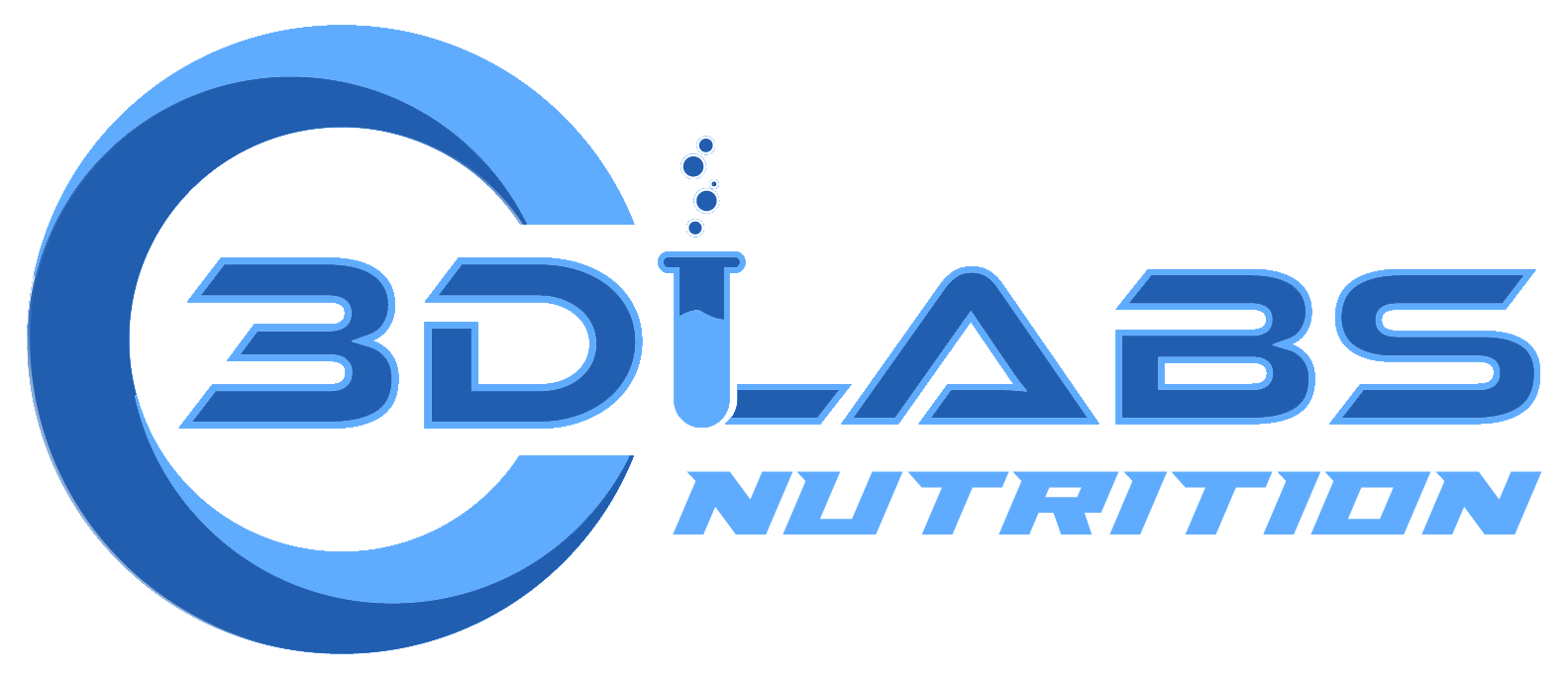
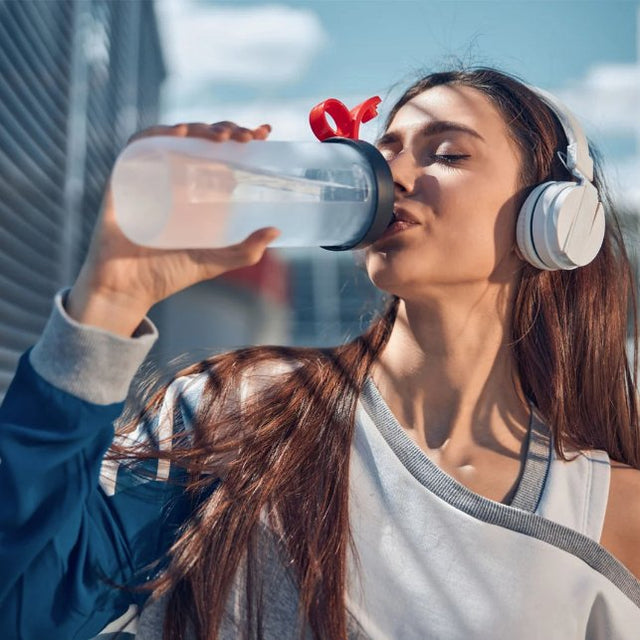
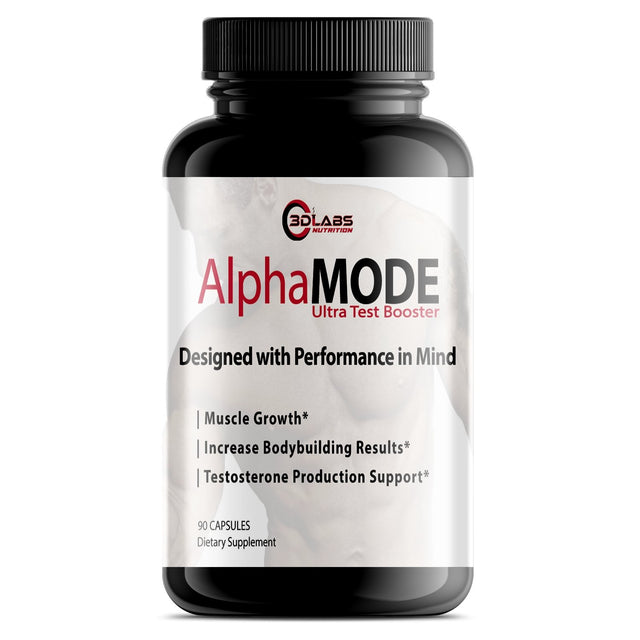

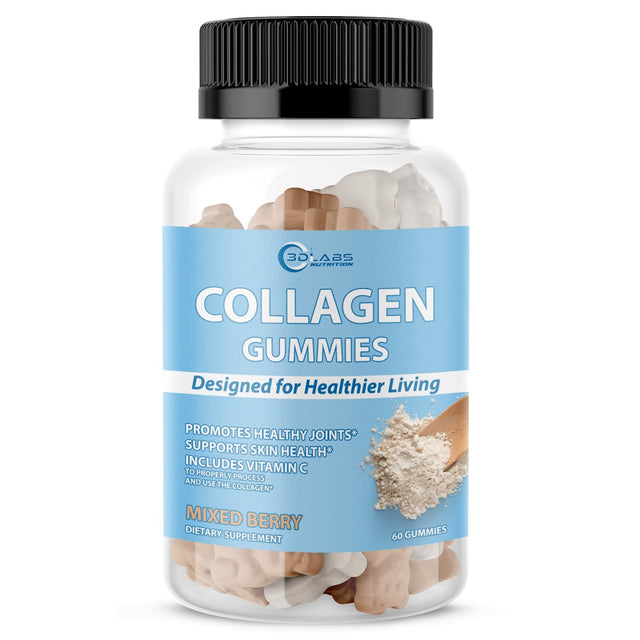
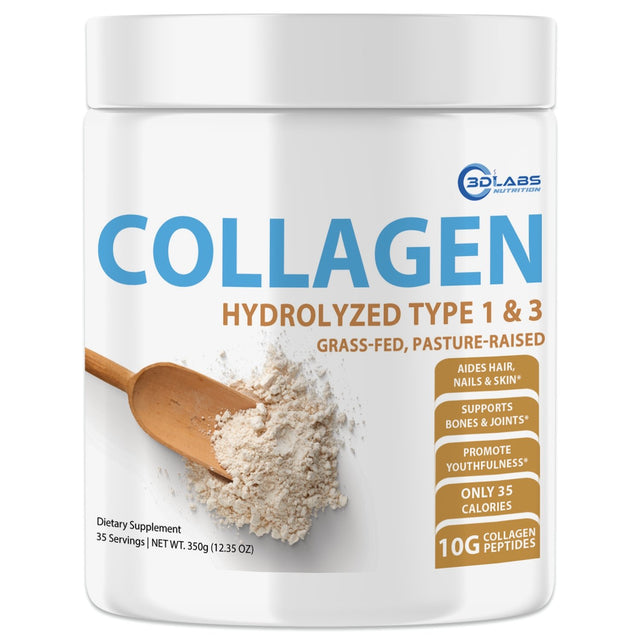
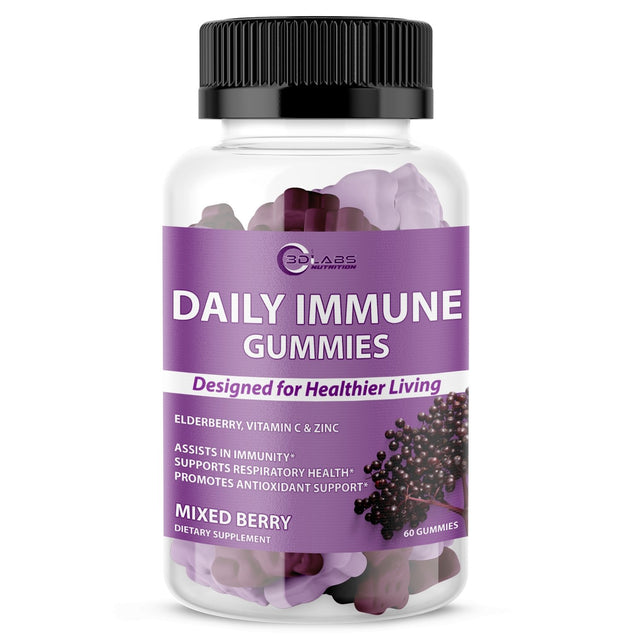
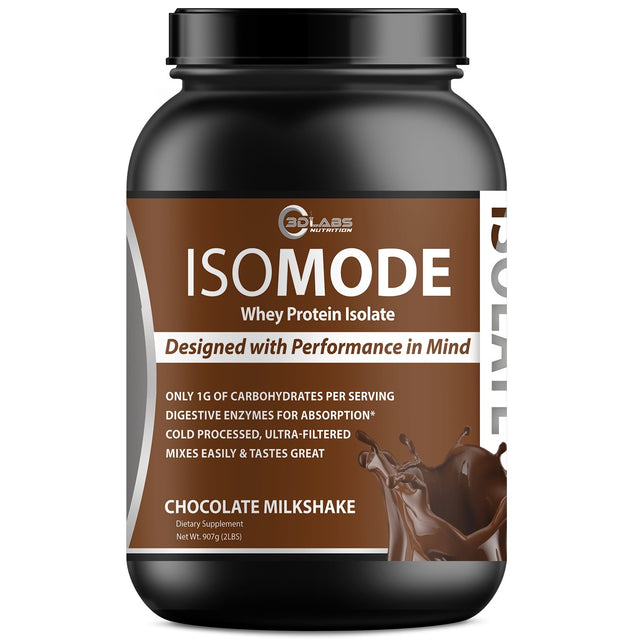
0 Comments
There are no comments for this article. Be the first one to leave a message!